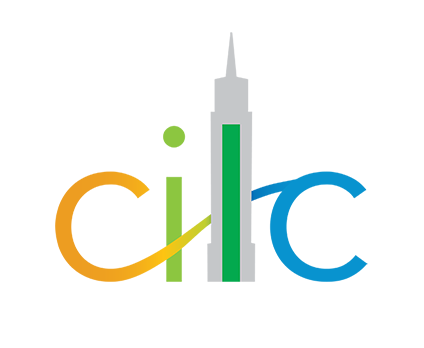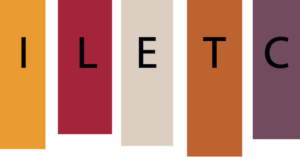Who Are Heritage Language Learners? (WPHLL)
General definition
The most widely used definition of heritage language learners (HLLs) among educators in the US, taken from Valdés (2000), identifies an HLL as a student who is raised in a home where a non-English language is spoken, who speaks or at least understands the language, and who is to some degree bilingual in that language and in English.
The heritage language is a complex phenomenon in itself, existing as a heterogeneous set of linguistic features and cultural practices in its US context, rather than as an extension of the language and culture of a community outside the US. An HLL participates in a complex multilingual and multicultural environment.
HLLs are not a monolithic group—there is robust variation among HLLs with respect to whether and how they embody each of the elements presented here. For example, some HLLs will have high levels of proficiency in the language, others low. Some HLLs will have strong connections to the heritage culture, others minimal. In this site, we focus on HLLs who have at least an Intermediate level of proficiency in the heritage language.
We consider here some of the key elements that shape the language of heritage learners, and consider which of these elements predict proficiency in writing, to leverage this information in placement and pedagogical decisions.







